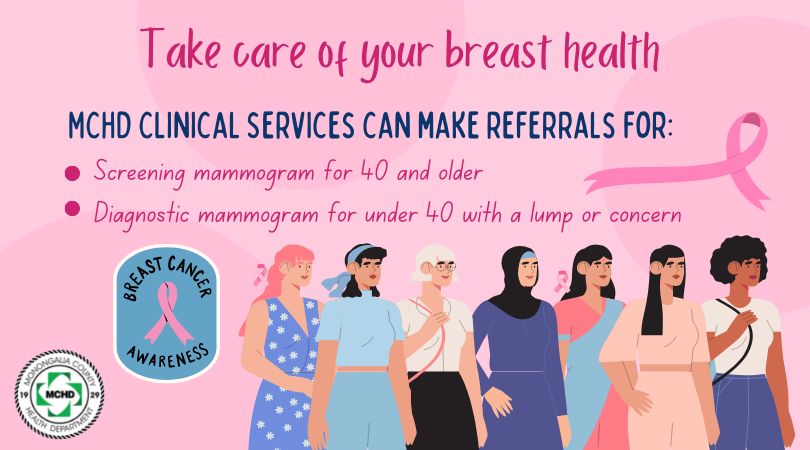Katie Couric's breast cancer diagnosis reminds us to remain vigilant

Oct. 5, 2022
By Mary Wade Burnside
Last week, reporter Katie Couric announced that she had been diagnosed with breast cancer in June and that she had just completed her last radiation treatment.
It came as a bit of surprise because Couric has been very public about cancer screenings ever since her husband died of colorectal cancer in 1998.
In fact, she underwent a colonoscopy on air in an effort to demystify and destigmatize the procedure for others who might be reluctant.
Couric noted that she had been six months late in getting her mammogram when her early-stage tumor was discovered.
Couric didn’t reveal what caused the delay, but it’s a good time to note that the pandemic has caused millions of medical screenings to be missed. According to the National Cancer Institute, in 2020 alone, an estimated 9.4 million screenings did not take place.
Couric announced her news around the same time I had a mammogram scare. It’s not uncommon for younger women to need to return for follow-up views. In my case, it had been a few years so when I had to go back a week later for another mammogram, I was a little nervous, especially when I then required an ultrasound.
Afterward, when the technician went to consult with the radiologist, I thought about all of the breast cancer survivors I had interviewed during my career as a reporter. I was pretty familiar with the treatments and how much they have advanced during the years. But I was still scared.
I was happy to get the all-clear, at least for another year. And as I dutifully do every year, I will return for another screening in 2023.
Couric’s news came on the eve of Breast Cancer Awareness Month, a very popular event that even has professional athletes donning pink to raise awareness about the disease.
According to the Centers for Disease Control and Prevention, the United States Preventive Task Force recommends that women who are 50 to 74 years old and are at average risk for breast cancer get a mammogram every two years.
Women who are 40 to 49 years old should talk to their doctor or other health-care provider about when to start and how often to get a mammogram.
Women should weigh the benefits and risks of screening tests when deciding whether to begin getting mammograms before age 50, the recommendation continues.
There are other ways to look after breast health. These include attaining or keeping a healthy weight, remaining active and not drinking alcohol or doing so in moderation. Breastfeeding your children, if this is an option, also helps.
If you take or have considered oral contraceptives or hormone replacement therapy, the CDC advises talking to your health-care provider about the risks and to make sure it’s right for you.
And individuals with a family history of breast cancer or an inherited risk of the BRCA1 and BRCA2 genes should also have a discussion with their doctor about what more they might be able to do to lower their risk.
For individuals who need mammograms, MCHD Clinical Services can make referrals for screening mammograms for patients 40 and over, or diagnostic mammograms for those under 40 who have a lump or a concern. For those without insurance, the West Virginia Breast and Cervical Cancer Screening Program can be billed. Call 304-598-5119 for an appointment.
So this October, think pink. Have a discussion with your health-care provider about your breast health during your next appointment and check out recommendations and information from the CDC.
Mary Wade Burnside is the public information officer at Monongalia County Health Department.